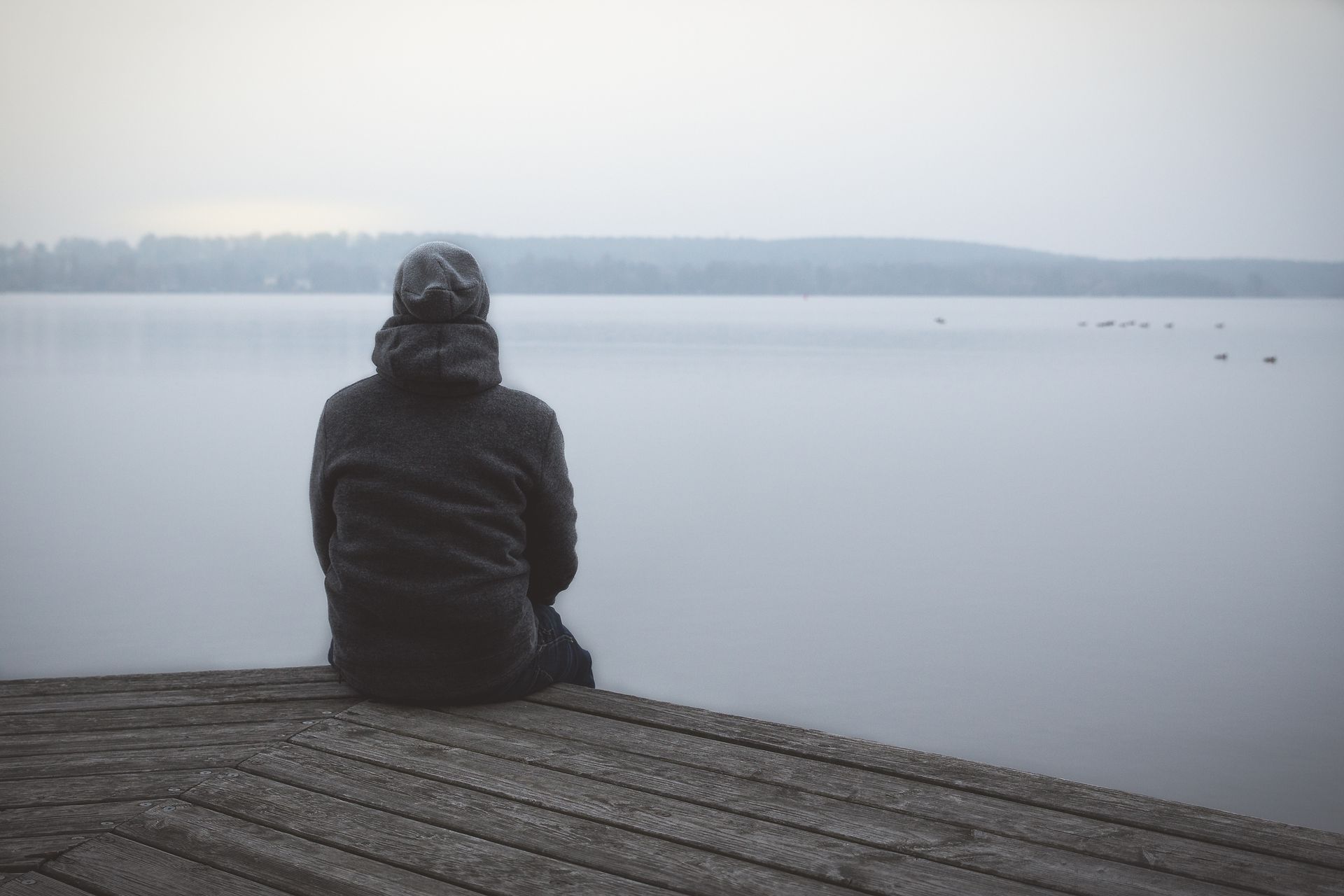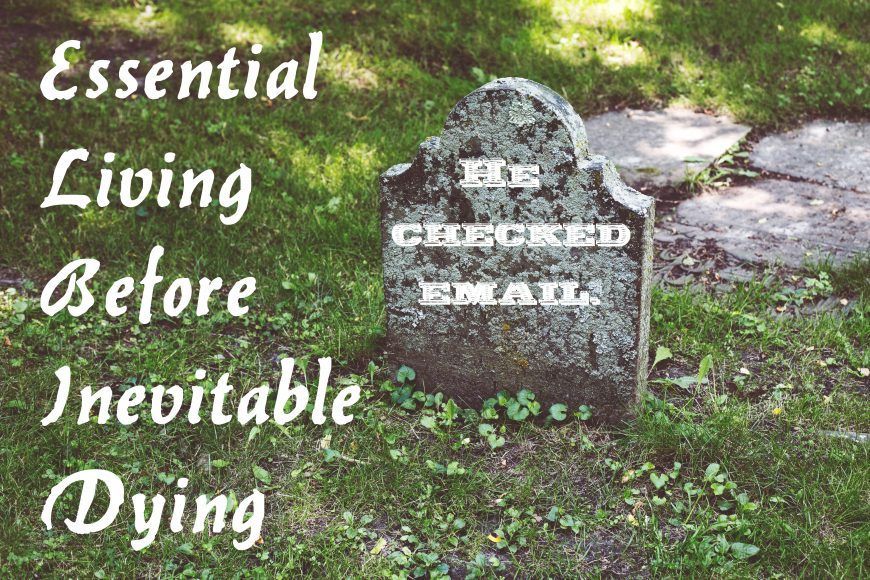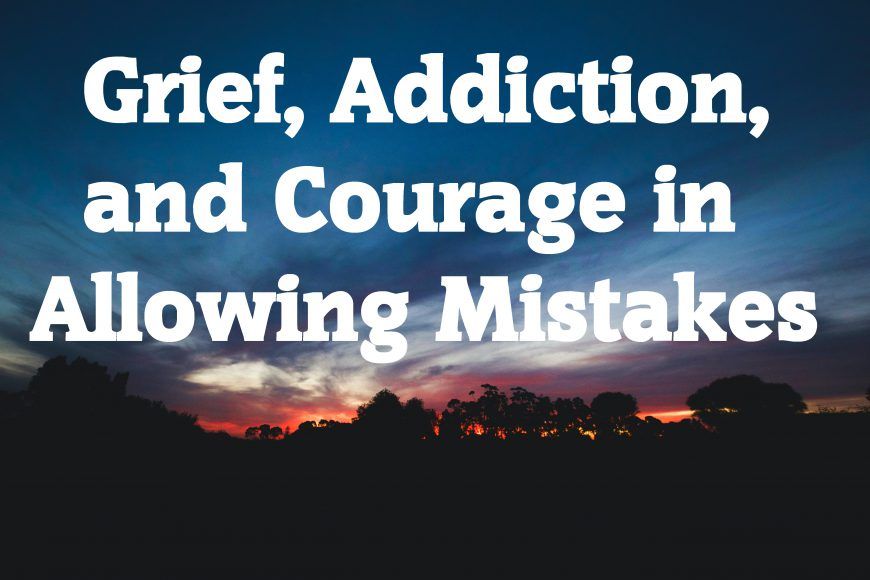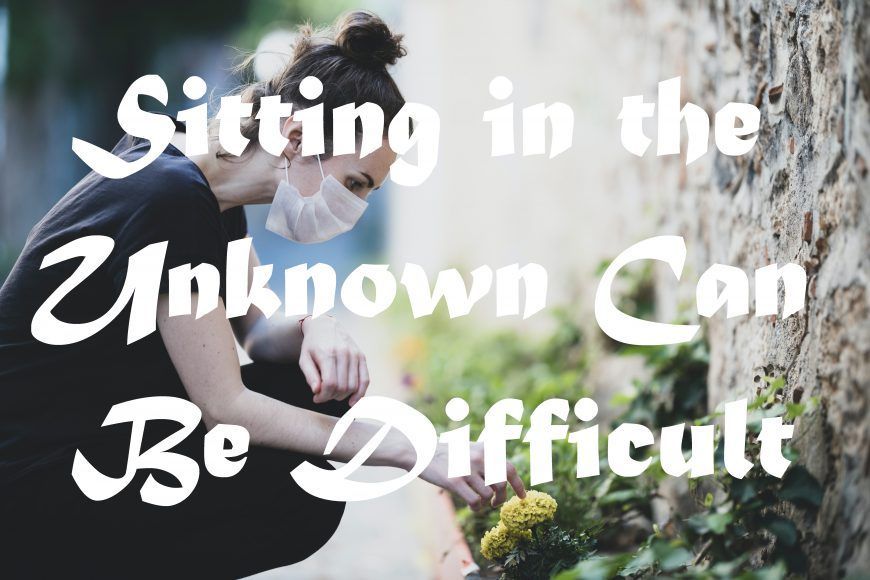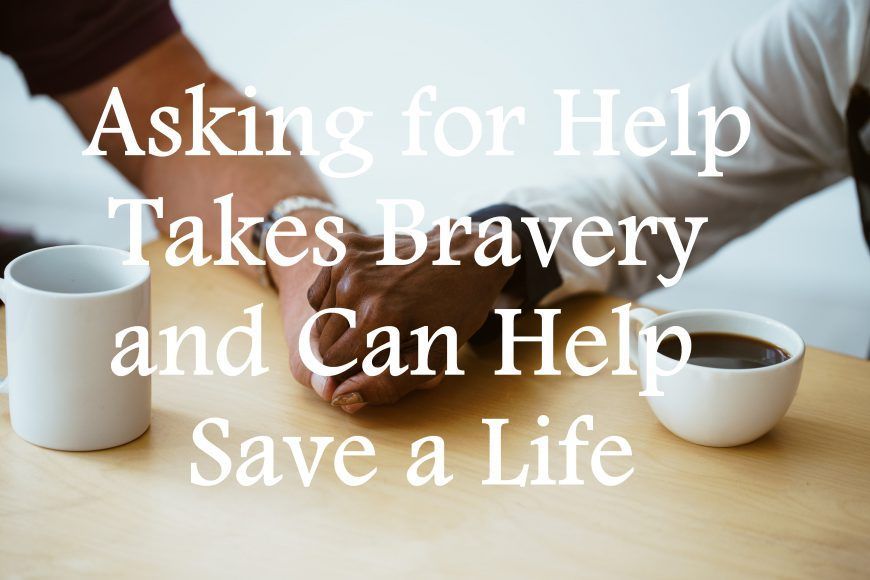Top 10 Techniques to Overcome Grief
Grief is a natural emotion one experiences when facing the loss of a loved one. The grieving person can respond to loss both physically and emotionally. The person may go through various stages of grief, trying to cope with it as the time passes. Behaviors such as seeking isolation or lashing out at the nearest target are all normal during a period of grief. Everyone deals with grief differently.
Grieving is a very difficult time for the person who has lost his loved one. There are phases of depression, loneliness, isolation, guilt, anger and other such emotions. If there is no proper support system for people going through grief, it can be quite difficult for them to deal with it. Knowing how to overcome feelings of grief is very important for a person who has suffered a great loss.
Similarly, understanding how to overcome grief is also important for people who are going to support a friend or a family member going through a hard time. Providing constant support to the grieving person is important. You should show that you are there for them in their time of need and they will find the motivation to get over their loss.
10 Suggestions to Help You Overcome Grief:
1. Write Down Your Feelings
Writing is a great way to express yourself and your feelings. You can keep a journal, writing about your emotions whenever they arise. Similarly, you can try writing letters without sending them anywhere. You can also try making a list of things that happen during your day and how you feel about them. If you are unable to write down your feelings, you can also find artistic outlets to communicate your feelings. Creative outlets help address the turmoil you feel and let you know about the feeling you did not even know existed.
2. Find Something Fun to Do
Grieving is a very difficult phase, but it does not mean you have to punish yourself for what happened. It is important that you find activities that help you take a break and drive your focus away from your grief. Engage in activities that make you laugh and feel good. Laughing can help you relax. Though having fun will be the least of your concerns, during such painful time, doing activities such as playing with children, sketching a picture and engaging with nature will help enhance your mood.
3. Socialize
Maintaining an active social life is important when feeling sad and/or depressed. It steers you away from the cause of your stress and helps you relax. Similarly when you socialize and speak to others, you get a chance to let out all those bottled up feelings. Initially, socialization will seem extremely daunting to you, but with time, you will be able to enjoy the benefits of socializing.
4. Surround Yourself with Positive Influences
Positive things help you deal with grief in a much better manner. Being around the people you like and the things you like lifts your spirit and puts a smile on your face. For instance, if you like music, it is a good idea to get together with a few friends and listen to your favorite songs. Painting pottery, gardening and baking are great activities to do with friends or alone. If you can play an instrument, you can even have a jam session with your friends.
5. Plan your Days
Grieving may seem a daunting period to make daily plans. But such planning can help you in various ways. Jot down things that you may want to do immediately, set smaller goals and live your life one day at a time. Achieving these goals will let you feel a sense of fulfillment and more positive about yourself.
6.Talk to Someone
It is important that you let out your feelings. Writing about them is one way of doing this, but you can also talk to someone and share your feelings with them. Whenever a family member or friend visits you, share whatever is on your mind. Talking with a professional counselor is also a great outlet.
7. Exercise
When you are in grief exercising might the last thing you want to do. You will be surprised how helpful exercising can be when you are feeling down and depressed. This exertion helps you build energy and reduce fatigue. You may experience your mood improving, making it easier to deal with grief. There is no need to do extremely strenuous and challenging exercises. Keep the sessions small and fun.
8. Take Care of Yourself
As mentioned earlier, a person may respond to grief physically as well as emotionally. Ensure that you take proper care of yourself during this hard phase of your life. Get enough sleep to rest properly, eat healthy and perform activities that help relax your mind as opposed to spending the entire day in bed or locked inside your room.
9. Take time Out
You are grieving someone’s death. It is not an easy time for you. Some days will be brighter while others, quite dark. It is important that you know your limits, and not overdo things that damage yourself in the process. Let go of keeping up with the schedule that you follow normally. People will understand that you are not in the best state of mind to deliver commitments.
10. Learn about the 7 Stages of Grief
Perhaps the most effective technique for overcoming grief is learning about the 7 stages of grief. The 7 stages are:
- Denial
- Shock
- Anger
- Bargaining
- Depression
- Pain
- Acceptance
Knowing these stages will let you know what to expect and deal with a situation in a better manner. You will be able to handle outside pressure more effectively. Read about the 7 Stage of Grief here.
These were the top ten methods to help you understand how to overcome grief. Now that you have the tools to help you overcome grief, you can adopt a few of the above mentioned methods to make this painful process a little easier for you. Or, if it is a friend who is going through a difficult time, you may find these tips on how to overcome grief helpful while you provide your support. Learn more about how to support someone through grief here.
For More Resources, Interesting Facts And Information, Visit The Qeepr Community
